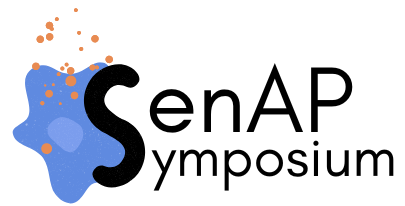Keynote speakers
View the content of this page
Peter de Keizer
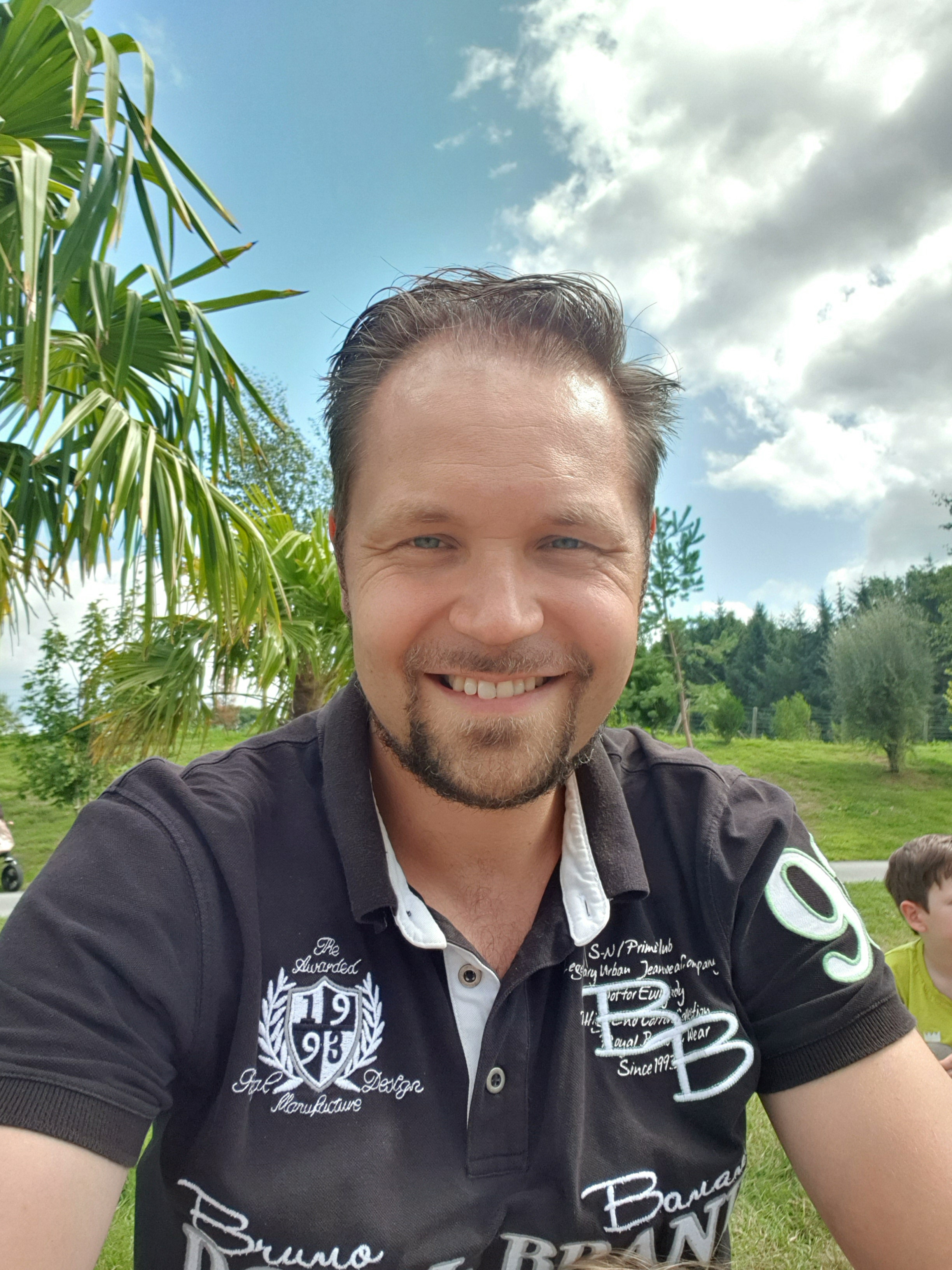
“Detecting and targeting subtypes of cellular senescence against aging and cancer”
Peter L.J. de Keizer, PhD, is associated professor “Senescence in Cancer and Aging” at the University Medical Center Utrecht and Founder and Managing Director of Cleara Biotech B.V., a company focused on identifying and eliminating subtypes of cellular senescence. He was the first to design compounds to eliminate senescent cells and showed this could restore tissue homeostasis in (fast) aging mice (Cell, 2017). Peter is a recurring guest in general media, including 50+ items on (inter)national television, newspapers, radio and blogs. Peter is a board member of the Dutch Society for Research on Aging (DuSRA). Peter’s research is focused on the fact that what we call senescence, is actually a range of phenotypes. Through multiplex characterization, he aims to investigate their heterogeneity and deleterious effects on stemness and regeneration of neighboring cells. In parallel, he founded Cleara Biotech B.V. to generate and translate 4 th generation FOXO4 peptides against “scarred” senescent cells, which in 2022 are in preclinical development against scarring-positive types of metastatic cancer, as well as scarred types of chronic disease.
Florence Chainiaux-Debacq
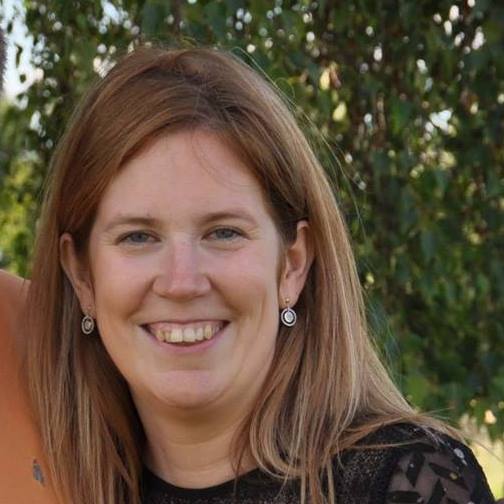
“UV-induced senescence as a potential player of skin photoaging”
Florence Debacq-Chainiaux is a FNRS Research Associate and leads the "Stress and AGEing" (SAGE) team established within the Laboratory of Cellular Biology (URBC-Narilis) at UNamur. Her team is mainly focused on the study of the impact of different types of stress (oxidative stress, UV rays, irradiations) on the development of premature senescence. Their objectives are to better decipher the molecular signaling pathways involved in the onset of senescence, to evaluate the impact of senescent cells on their cellular and matrix microenvironment and to detect biomarkers of stress and senescence in normal or pathological human contexts (cancer, neurodegenerative diseases, development).
Her team has collaborated on several European projects including the MARK-AGE project (European Study to Establish Biomarkers of Human Ageing) and has also benefited from projects supported by the FNRS and the Walloon Region.
Chase M. Carver
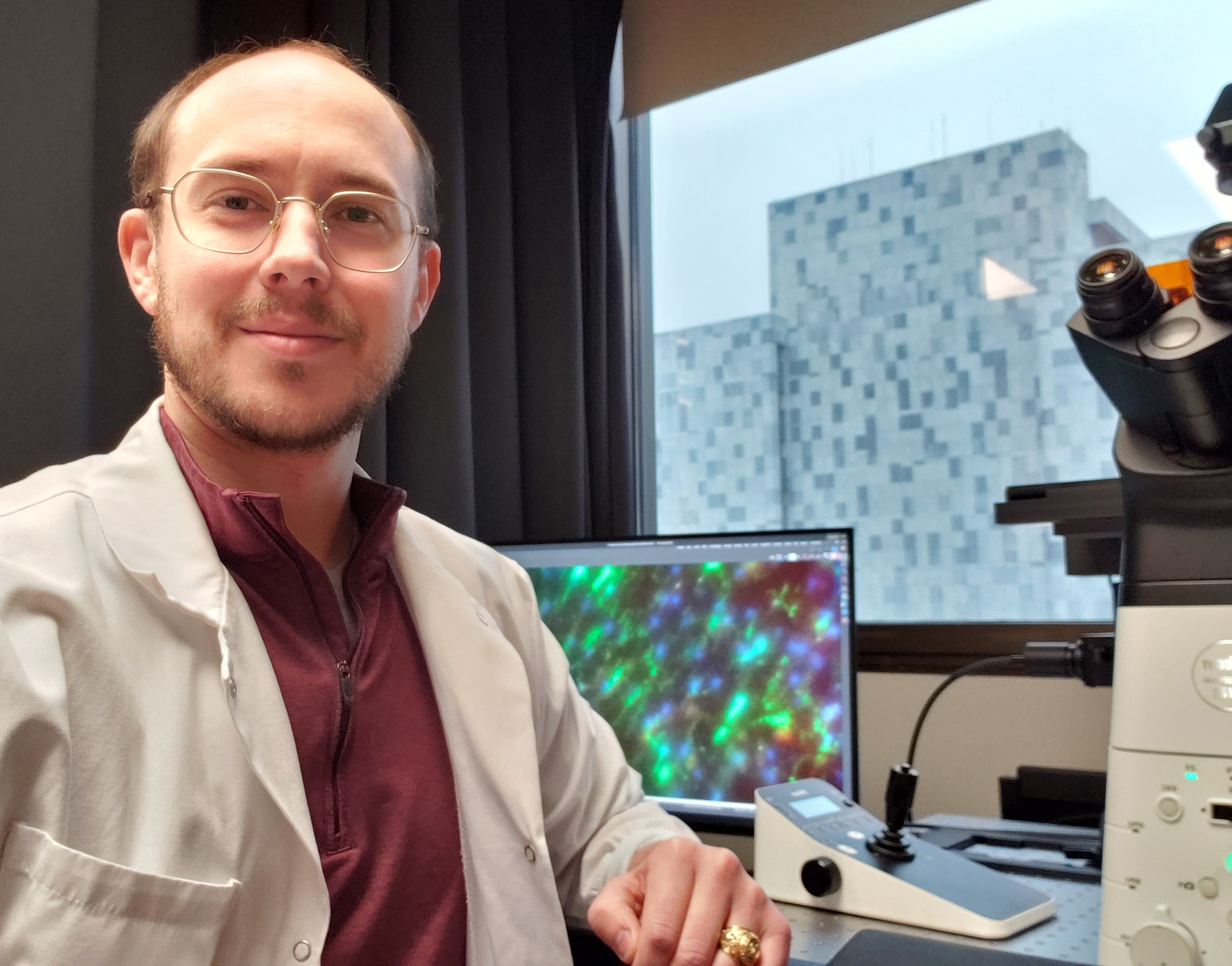
"System-wide modulation of body-to-brain axes of senescence biomarkers by senolytic interventions"
Chase M. Carver, Ph.D., is a senior fellow at Mayo Clinic in Rochester, Minnesota in the Department of Physiology and Biomedical Engineering. Chase is an accomplished neuroscientist with expertise in pharmacology, neurophysiology, and imaging. His research has spanned comprehensive molecular, functional, and behavioral profiling of neurobiological diseases. He currently operates in the lab of Marissa Schafer, Ph.D., Assistant Professor, and colleague within the Kogod Aging Center at Mayo Clinic. They are part of the Cellular Senescence Network (SenNet) consortium within the National Institutes of Health, leading the initiative to characterize senescent cells across the aging brain. Chase is specifically pioneering new technologies to detect and map senescent cells using -omic spatial profiling and imaging mass cytometry. Their team at Mayo is interested in translational therapies and senolytic interventions to systemically eliminate senescent cells in circulation and explore cognitive benefits in the aged brain.
Chase is a review editor for Frontiers of Aging Neuroscience and Neurocognitive Aging and Behavior. He has received numerous fellowships and research development awards from the NIH and Department of Defense. He is zealous about mentoring trainees in neuroscientific and aging disciplines, and empowering the next generation of scientists.
Arne Akbar
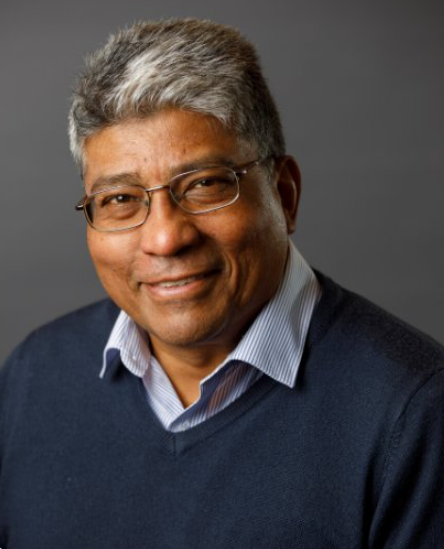
“Senescent stromal cells inhibit cutaneous immunity”
Arne Akbar’s group has identified multiple novel mechanisms that induce immune decline during ageing. They discovered a new inhibitory protein complex in aged T cells that is regulated by sestrins, which can be blocked to enhance vaccine responsiveness in mice. In addition they showed that defective immunity to viruses in the skin of old humans arises from excessive inflammation, that could be reversed by treatment with an anti-inflammatory p38 MAPkinase inhibitor in vivo. This showed unequivocally that immune decline can be reversed during ageing both at the cellular level and in response to antigen challenge in vivo. This has considerable implications for strategies to enhance immunity after severe infections and vaccination that are reduced during ageing.
